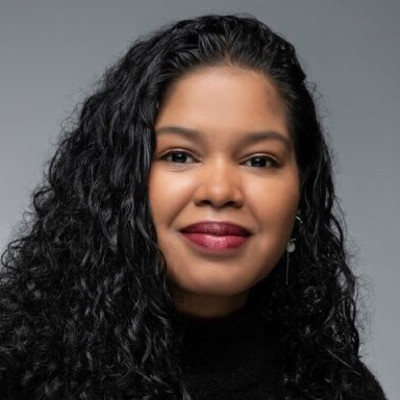 One of the many benefits of being a Heller student is the ability to take courses outside my academic area of focus. When building my course schedule for the first half of the current spring semester, I quickly decided that I wanted to take Women, Peacemaking & Peacebuilding taught by Boston Network for International Development (BNID)’s Executive Director, Nanako Tamaru. I already had a strong basis in gender studies since one of the focus areas of my work in the Peace Corps was gender development. Additionally, I had taken two courses focused on gender last fall. The Women, Peacemaking & Peacebuilding course caught my attention because it would allow me to build on my theoretical foundation in gender studies while also gaining a basis in conflict resolution and coexistence, a field in which I didn’t have much prior knowledge.
One of the many benefits of being a Heller student is the ability to take courses outside my academic area of focus. When building my course schedule for the first half of the current spring semester, I quickly decided that I wanted to take Women, Peacemaking & Peacebuilding taught by Boston Network for International Development (BNID)’s Executive Director, Nanako Tamaru. I already had a strong basis in gender studies since one of the focus areas of my work in the Peace Corps was gender development. Additionally, I had taken two courses focused on gender last fall. The Women, Peacemaking & Peacebuilding course caught my attention because it would allow me to build on my theoretical foundation in gender studies while also gaining a basis in conflict resolution and coexistence, a field in which I didn’t have much prior knowledge.
Our final assignment for the course was to write a 600-800 word OpEd on a contemporary issue relating to women, peace, and security. This assignment appealed to me because I wanted more practice writing for a generalist, public audience. The OpEd assignment challenged us to be persuasive rather than descriptive, with a clear call to action for the relevant stakeholders addressed in the opinion piece.
I was surprised to find that I struggled to identify the right topic for this assignment. I started out wanting to look at women in the Nagorno-Karabakh conflict between Armenia and Azerbaijan and how women who were not mothers were being left out of the peacemaking process. I had only ever written about Central Asia once, in a paper that looked at economic development for internally displaced people in Azerbaijan. Last fall, I applied to (and am still waiting to hear back about) a Boren Fellowship to study Turkish in Azerbaijan, and figured this assignment would be a great way for me to learn more about the region. However, I quickly discovered just how little context I had. I realized I wouldn’t have enough time in a half-semester course to build the knowledge base I needed to cover this topic accurately and effectively.
For that reason, I decided to change my topic. I instead pivoted to looking at state and non-state violence against religious minorities in Egypt, where I had been a volunteer educator during the last two summers of my undergraduate career. Whereas I knew very little about my original topic, I knew a lot about this one. So much, in fact, that I found it really difficult to fit a discussion of this topic into the 800 word limit. I found myself taking a lot of time to explain the context around certain trends, which left me with very little room to present my stance. It was also hard to be very focused with my recommendations because there are so many interlacing pieces to this issue that an integrated approach is the only way to effectively address what’s happening.
Finally, I settled on writing about violence against women human rights defenders (WHRD) in Libya. Since North Africa is my region of professional interest, this topic allowed me to learn more about a country in the region that I had not previously engaged with. This topic also more directly addressed the parts of the prompt that called for an analysis of gender and conflict dynamics. While it was frustrating to change topics so many times (especially since I consider myself to be a very decisive person!), I am very glad that I acknowledged the shortcomings of my earlier topics and kept pivoting until I found the right one for this assignment.
In the immediate aftermath, this experience reminded me of the importance of trusting my gut and making necessary pivots (something we hear a lot about when discussing social enterprises in the MBA program). In the long-term, I already see ways in which this exercise will support my future career. As someone who is on track to be a policymaker in the federal government, the ability to communicate with a wide variety of stakeholders — including the general public — is an essential skill. Additionally, I recently started a role as a Foreign Policy Writer with Al Fusaic, an online platform that seeks to disrupt stereotypes about countries in North Africa and Southwest Asia, while facilitating cross-cultural connections. As a content writer, I will be publishing public-facing articles that highlight and demystify ongoing social, political, and economic developments in the region. For one of my first assignments, I will be repurposing this Op-Ed for Al Fusaic, which I’m pretty excited about! Until that’s published, you can read the initial version of my Op-Ed on the website Dispatches on War and Peace.
